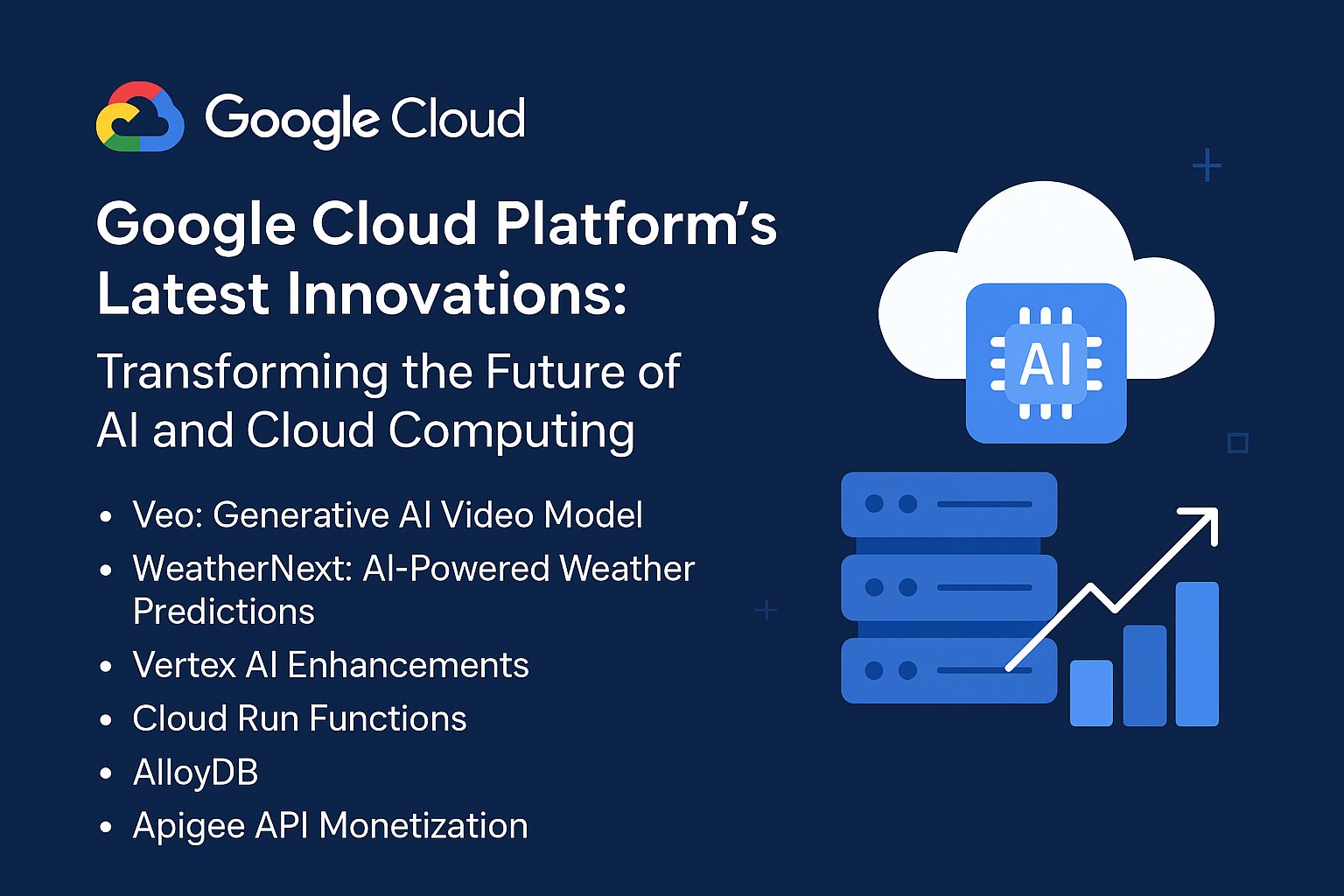Table of Contents:
- Introduction to Quantum Computing
- Overview and basic principles
- How quantum computing differs from classical computing
- Current state of quantum computing technology
- The Relationship Between Quantum Computing and Big Data
- The importance of big data in the modern business landscape
- How quantum computing could revolutionize big data processing
- Real-world applications of quantum computing in big data
- Key Benefits of Quantum Computing for Businesses
- Speed and efficiency
- Improved data analytics capabilities
- Advanced optimization techniques
- Enhanced security and encryption
- Challenges of Quantum Computing in Business
- Technological barriers and current limitations
- Quantum noise and error correction
- Cost and accessibility for businesses
- Skills gap and need for specialized workforce
- Quantum Computing Applications in Big Data
- Financial services and risk modeling
- Healthcare and pharmaceutical industries
- Supply chain management
- Artificial intelligence and machine learning
- Future Outlook of Quantum Computing and Big Data
- Predictions for the next 5-10 years
- Emerging trends and advancements in quantum computing
- The role of quantum cloud computing in big data
- Steps for Businesses to Prepare for Quantum Computing
- Investing in education and research
- Collaborating with quantum tech providers
- Exploring hybrid computing solutions
- Focusing on data security and encryption
- Resources and Further Reading
- Books, articles, and websites
- Leading quantum computing companies and research institutions
- Online courses and certifications on quantum computing
1. Introduction to Quantum Computing
Overview and Basic Principles
Quantum computing leverages the principles of quantum mechanics, such as superposition and entanglement, to perform calculations far more efficiently than classical computers in certain use cases. Unlike classical bits, which represent data as 0s or 1s, quantum bits (qubits) can exist in multiple states simultaneously, providing the potential for an exponential increase in computational power.
How Quantum Computing Differs from Classical Computing
Quantum computing differs from classical computing primarily in how information is processed. While classical computers use binary systems (0 and 1) to perform tasks, quantum computers use qubits that can represent and store data in multiple states at once, enabling parallelism and dramatically increasing computational capacity.
Current State of Quantum Computing Technology
Quantum computing is still in the early stages of development. There are some working quantum systems, but they are highly specialized and require extremely low temperatures to operate. Companies such as IBM, Google, and Rigetti are leading research efforts in the field.
Resources:
2. The Relationship Between Quantum Computing and Big Data
Importance of Big Data in the Modern Business Landscape
Big data involves massive datasets that are too complex to be processed using traditional methods. This data is invaluable for businesses looking to optimize operations, understand customer behavior, and drive innovation.
How Quantum Computing Could Revolutionize Big Data Processing
Quantum computing offers the potential to process vast datasets far more efficiently, solving complex problems in seconds rather than hours or days. It can enhance machine learning models, improve data analytics, and expedite decision-making processes.
Real-World Applications of Quantum Computing in Big Data
Quantum computing is poised to unlock new possibilities in fields such as finance, healthcare, and logistics, where processing large volumes of data quickly is essential.
Resources:
3. Key Benefits of Quantum Computing for Businesses
Speed and Efficiency
Quantum computing can process complex calculations at speeds unachievable by classical computers. This is particularly useful for businesses needing to analyze large datasets in real time.
Improved Data Analytics Capabilities
By optimizing algorithms used for big data analytics, quantum computing can uncover insights that are otherwise hidden or too costly to extract with classical methods.
Advanced Optimization Techniques
Quantum computing is highly effective at solving optimization problems, which can be applied in various industries to improve logistics, resource allocation, and scheduling.
Enhanced Security and Encryption
Quantum computing can enable more robust encryption methods, enhancing cybersecurity for businesses. It could also revolutionize cryptography with the ability to solve problems that are currently uncrackable.
Resources:
4. Challenges of Quantum Computing in Business
Technological Barriers and Current Limitations
Quantum computing is still in its infancy, with challenges such as qubit stability and error correction remaining unsolved. These issues make large-scale deployment difficult.
Quantum Noise and Error Correction
Quantum systems are highly sensitive to external factors, causing errors in calculations. Developing error correction techniques is crucial to realizing the full potential of quantum computing.
Cost and Accessibility for Businesses
The high cost of quantum hardware and the specialized knowledge required to operate such systems can be prohibitive for many businesses.
Skills Gap and Need for Specialized Workforce
There is a significant shortage of professionals with the expertise to develop and work with quantum algorithms. Businesses will need to invest in training their workforce or partnering with specialized providers.
Resources:
5. Quantum Computing Applications in Big Data
Financial Services and Risk Modeling
Quantum computing can help financial firms process massive datasets more efficiently, improving their ability to predict market trends, model risk, and manage portfolios.
Healthcare and Pharmaceutical Industries
Quantum computing can be used to analyze genetic data and simulate drug interactions, accelerating medical research and improving healthcare outcomes.
Supply Chain Management
Quantum computing offers improved optimization algorithms for logistics and supply chain management, helping businesses reduce costs and enhance efficiency.
Artificial Intelligence and Machine Learning
Quantum computing can enhance AI and machine learning algorithms by improving data processing speeds, enabling more complex models, and solving intractable problems.
Resources:
6. Future Outlook of Quantum Computing and Big Data
Predictions for the Next 5-10 Years
In the next decade, we can expect more powerful and accessible quantum computers. Major advances are likely in hybrid systems that combine quantum and classical computing to maximize efficiency.
Emerging Trends and Advancements in Quantum Computing
Quantum machine learning, quantum cryptography, and quantum-enhanced simulations are likely to become more prominent in the coming years.
The Role of Quantum Cloud Computing in Big Data
Quantum cloud services allow businesses to access quantum computing power on-demand, making this cutting-edge technology more accessible to organizations of all sizes.
Resources:
7. Steps for Businesses to Prepare for Quantum Computing
Investing in Education and Research
Businesses should invest in quantum education, training their workforce in quantum principles and applications.
Collaborating with Quantum Tech Providers
Partnerships with companies such as IBM, Google, and Microsoft can provide businesses with access to quantum computing platforms and research.
Exploring Hybrid Computing Solutions
Hybrid computing, which combines classical and quantum computing, could offer immediate benefits while waiting for more mature quantum systems.
Focusing on Data Security and Encryption
As quantum computing will have significant implications for cryptography, businesses should prioritize quantum-safe encryption strategies.
Resources:
8. Resources and Further Reading
Books, Articles, and Websites
- Quantum Computing for Everyone by Chris Bernhardt
- Quantum Computing: An Applied Approach by Jack D. Hidary
- IBM Quantum Resources
- Quantum Computing Basics by Microsoft
Leading Quantum Computing Companies and Research Institutions
- IBM Quantum
- Google AI Quantum
- Microsoft Quantum Computing
- Rigetti Computing
Online Courses and Certifications

